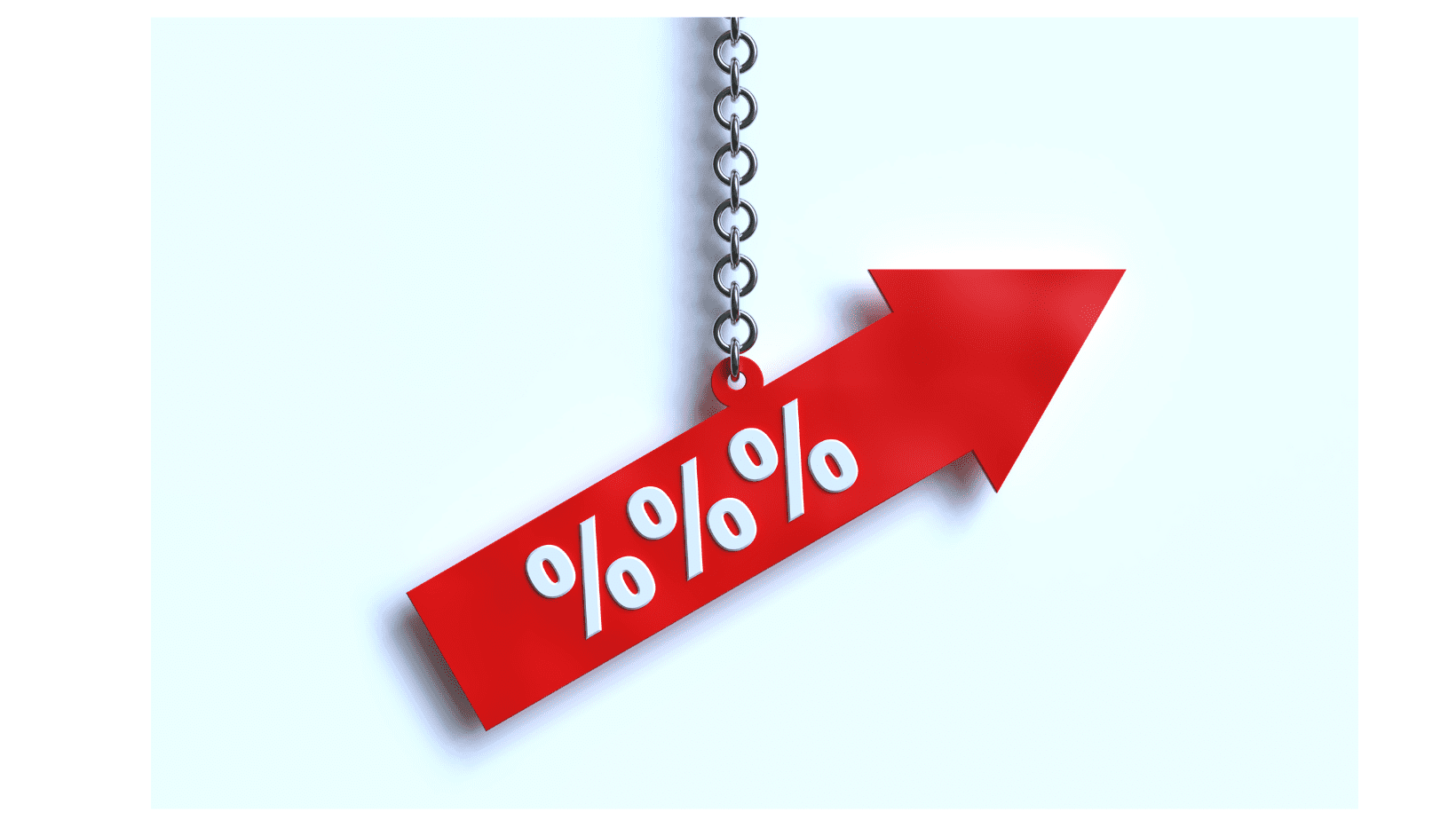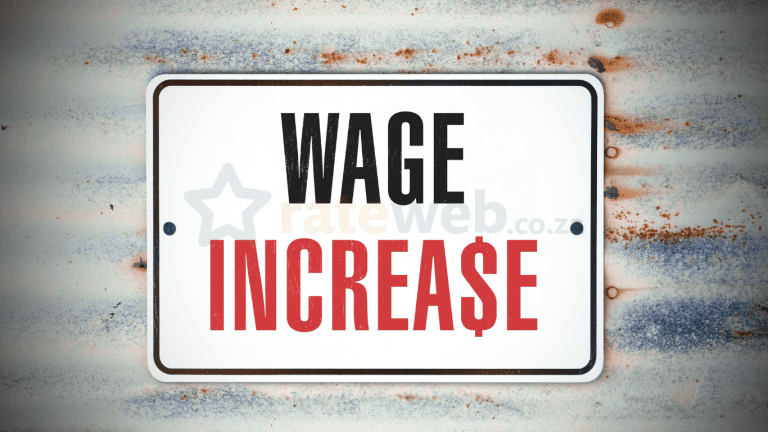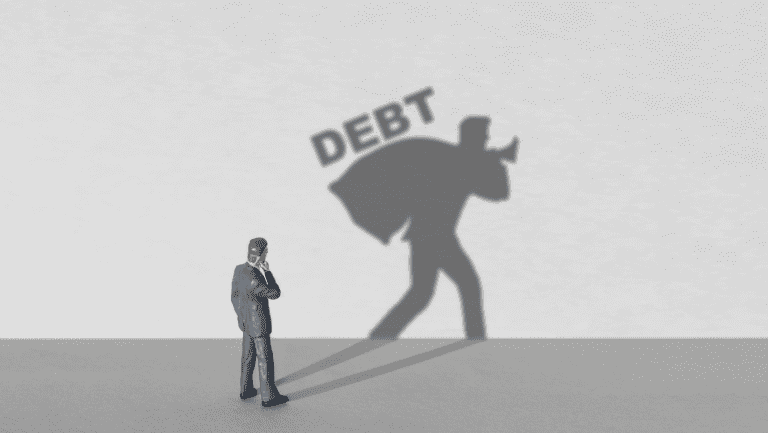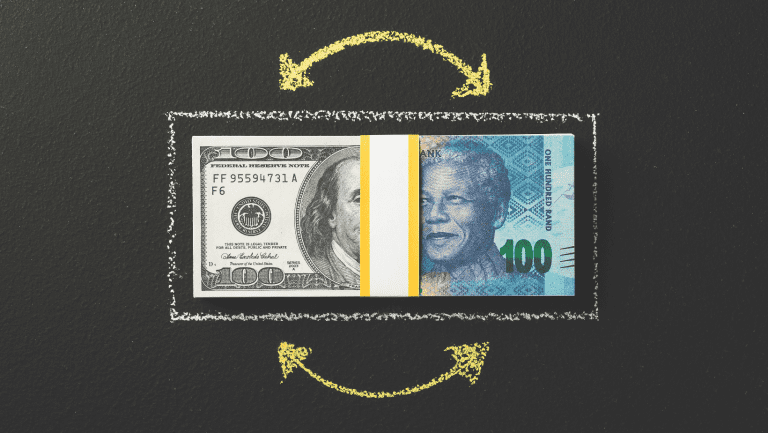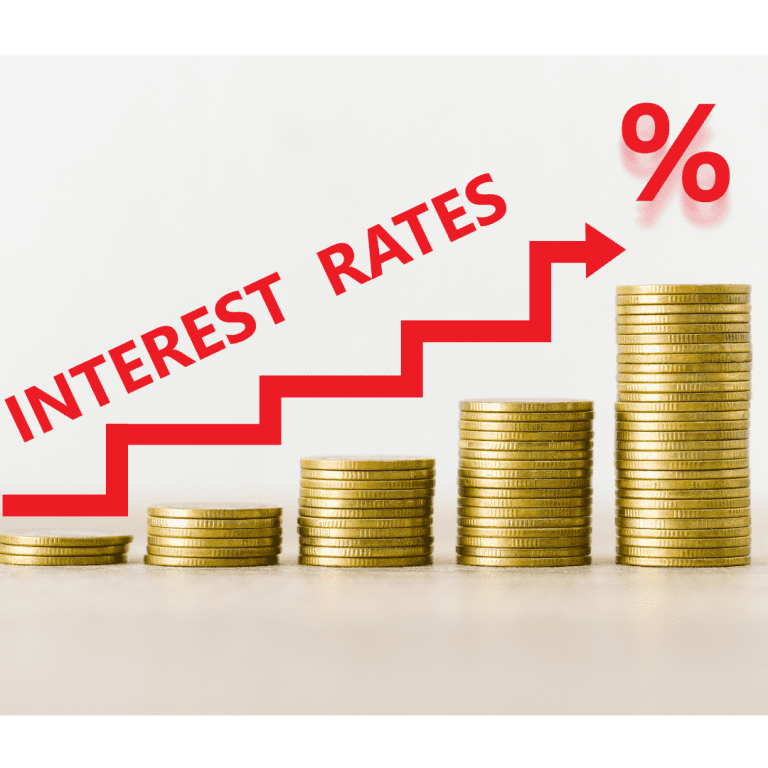- The South African Reserve Bank (SARB) has increased the prime lending rate by 50 basis points, from 10.75% to 11.25%, marking the ninth rate hike since November 2021.
- The property market remains strong and stable despite the rate hike, which was largely anticipated and factored into the market, with monthly transfers still ahead of pre-pandemic levels.
- Homeowners are advised to focus on controllable factors, such as using bond originators, choosing between fixed and variable interest rates, and exploring alternative income sources to cope with increased bond repayments.
The South African Reserve Bank (SARB) has recently announced a substantial interest rate hike of 50 basis points, raising the prime lending rate from 10.75% to 11.25%. This increase is the ninth in a series of hikes that began in November 2021, resulting in a cumulative increase of 425 basis points thus far. As a result, interest rates have reached their highest point since June 2009, when the global financial crisis significantly impacted the local currency.
Contrary to market expectations, which anticipated a 25 basis point hike, the Reserve Bank governor, Lesetja Kganyago, explained that the decision was influenced by the ongoing volatility in economic and financial conditions. Kganyago emphasized that the SARB’s monetary policy decisions would continue to be data-dependent and sensitive to the balance of risks to the economic outlook.
Seeff Property Group Chairman Samuel Seeff acknowledged the difficult decision faced by the SARB, given the Eskom energy crisis, weak business confidence, the recent rise in the Consumer Price Index (CPI) inflation to 7% in February, and pressure on the currency. While Seeff regarded the 50 basis point hike as somewhat steep, he noted that the market had largely anticipated the increase and incorporated it into their expectations. Despite higher interest rates affecting both buyers and homeowners, Seeff emphasized that the current rate remains below the historical average of the last 20-30 years, and the property market remains strong and stable.
Seeff pointed to the favorable bank lending climate and the increased transfer duty exemption threshold to R1.1 million as factors that mitigate the impact of the higher interest rate. He also stated that the property market is experiencing a higher volume of monthly transfers compared to pre-pandemic levels.
Herschel Jawitz, CEO of Jawitz Properties, highlighted that while the rate hike would put pressure on homeowners, the risks associated with persistent high inflation were far greater. He observed that property prices are expected to increase by only 2.75% to 3.5% this year, which means that, in real terms after inflation, property prices are actually declining by a similar amount. Jawitz stressed that as long as inflation remains high amid low economic growth, real property price growth will continue to be marginal.
The table below illustrates the increased bond repayments homeowners will face following the interest rate hike:
| Value of the bond (20 years) | January 2023 (10.75%) | March 2023 (11.25%) | Change |
|---|---|---|---|
| R750 000 | R7 614 | R7 869 | +R255 |
| R800 000 | R8 122 | R8 394 | +R272 |
| R850 000 | R8 629 | R8 919 | +R290 |
| R900 000 | R9 137 | R9 443 | +R306 |
| R950 000 | R9 645 | R9 968 | +R323 |
| R1 000 000 | R10 152 | R10 493 | +R341 |
| R1 500 000 | R15 228 | R15 739 | +R511 |
| R2 000 000 | R20 305 | R20 985 | +R680 |
| R2 500 000 | R25 381 | R26 231 | +R850 |
| R3 000 000 | R30 457 | R31 478 | +R1 021 |
| R3 500 000 | R35 533 | R36 724 | +R1 191 |
| R4 000 000 | R40 609 | R41 970 | +R1 361 |
| R4 500 000 | R45 685 | R47 217 | +R1 532 |
| R5 000 000 | R50 761 | R52 463 | +R1 702 |
In light of the challenging economic climate, Antonie Goosen, principal and founder of Meridian Realty, advises potential and current homeowners to focus on what they can control. Goosen offers the following six recommendations for prospective and current homeowners:
- Use a bond originator to secure the best rate. Many financial institutions continue to compete and offer relatively favorable terms, some providing 100% bonds.
- Choose between fixed interest rates and variable bonds. You can fix the interest rate on a bond for a maximum of five years, which may make budgeting easier during high-interest periods, even if your interest rate is slightly higher.
- Consider renting out a garden cottage or operating an Airbnb to generate additional income to help cover rising bond repayments.
- Pay more than the required monthly repayment into your bond.
- If you have a large property, consider subdividing. Reducing maintenance costs and potentially earning money on unused land can help shorten your payback period and reduce the overall amount of interest paid on the property. If possible, put this money into your bond.
- Consider renting rather than buying. Renting a property ensures that your rent is fixed for a year, with an annual increase usually around 10%.
By following these tips, homeowners can better navigate the current economic landscape and manage the impact of the interest rate hikes on their bond repayments.


